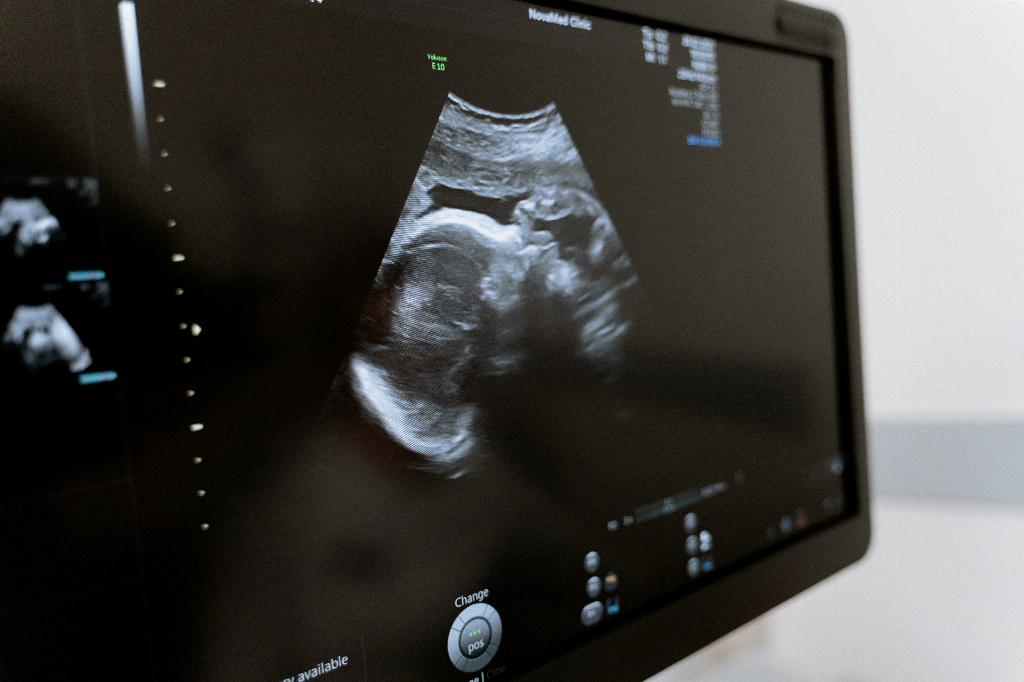During pregnancy, it is crucial to monitor various aspects of your health, including blood pressure. One common question that arises for expecting mothers is, “What is normal blood pressure for a pregnant woman?” Understanding the normal range can provide reassurance and help in identifying any potential issues that may arise.
Normal Blood Pressure Range for Pregnant Women
For pregnant women, normal blood pressure is typically considered to be a systolic (SYS) reading between 110 to 139 and a diastolic (DIA) reading between 70 to 89. These numbers are indicative of a healthy blood pressure range that supports optimal well-being for both the mother and the developing baby.
Importance of Monitoring Blood Pressure
Monitoring blood pressure during pregnancy is essential as fluctuations outside the normal range can indicate potential complications such as preeclampsia. Regular monitoring allows healthcare providers to intervene promptly if there are any concerns, ensuring the best possible outcome for both mother and baby.
Guidelines for Blood Pressure Management
If your blood pressure falls within the normal range, it is important to continue monitoring it according to the plan agreed upon by your midwife or obstetrician. Consistent tracking can provide valuable insights into your overall health throughout the pregnancy.
Special Considerations
It is essential to note that individual circumstances may warrant variations in the normal blood pressure range for pregnant women. Factors such as pre-existing conditions or high-risk pregnancies may require closer monitoring and customized care to ensure the best outcome.
Benefits of Maintaining Normal Blood Pressure
Maintaining normal blood pressure during pregnancy offers numerous benefits, including reducing the risk of complications such as preterm birth, low birth weight, and preeclampsia. By prioritizing healthy blood pressure levels, you can support the well-being of both you and your baby.
Consultation with Healthcare Providers
If you have any concerns about your blood pressure levels during pregnancy, it is essential to consult with your healthcare provider. They can offer guidance, perform necessary assessments, and recommend appropriate interventions to ensure a safe and healthy pregnancy.
Role of Lifestyle Factors
In addition to medical interventions, lifestyle factors play a crucial role in maintaining normal blood pressure during pregnancy. Practices such as regular exercise, a balanced diet, adequate hydration, and stress management can positively impact blood pressure levels and overall pregnancy health.
Monitoring Blood Pressure at Home
Some pregnant women may be advised to monitor their blood pressure at home as part of their care plan. This practice allows for more frequent monitoring and early detection of any concerning trends, empowering women to take an active role in their prenatal health.
Educational Resources and Support
For pregnant women seeking additional information and support regarding blood pressure management, educational resources and support networks can be valuable sources of guidance. Connecting with other expectant mothers and healthcare professionals can provide insight and reassurance throughout the pregnancy journey.
Conclusion
In conclusion, understanding what constitutes normal blood pressure for a pregnant woman and maintaining healthy levels are essential components of prenatal care. By monitoring blood pressure, consulting with healthcare providers, addressing lifestyle factors, and staying informed, expectant mothers can promote a safe and successful pregnancy experience for both themselves and their babies.

